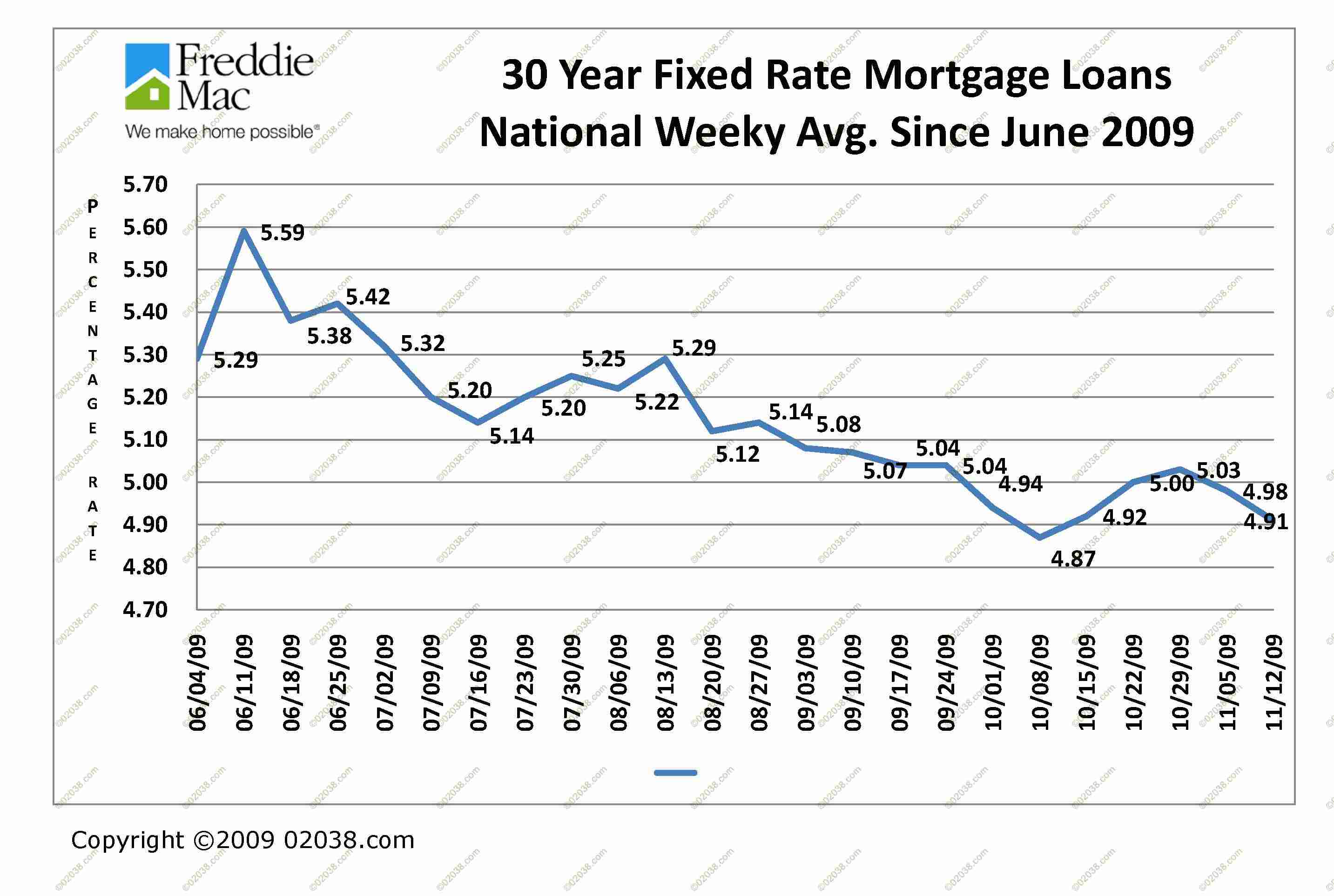A Mortgage Capital Responsibility (MCFO) is a kind of mortgage pass-through unsecured general commitment bond that has several classes or tranches. MCFOs utilize capital from a pool of home mortgages that produce revenue to pay back financiers their principal plus interest. Payments are received from home mortgages in the swimming pool and passed on to holders of the MCFO security.
MCFOs do not hold a lien on the home loans held by the security. They are simply obligated by contract to utilize the earnings from the home loans to pay their financiers. MCFO owners have no legal rights to the real hidden home mortgages, thus MCFOs are riskier than CMOs. Like CMOs, MCFOs are a kind of mortgage-backed security produced through the securitization of specific property mortgages that draw interest and principal payments from that particular pool of home mortgages.
Like CMOs, MCFOs bundle home loans into groups with different payment characteristics and risk profiles called tranches. The tranches are paid back with home loan principal and interest payments in a specified order, with the highest rated tranches including credit enhancement, which is a form of protection against prepayment danger and payment default.
The specified maturities of MCFO tranches are determined based upon the date when the last principal from a pool of home mortgages is expected to be paid off. But maturity dates for these kinds of MBS do not consider prepayments of the hidden home mortgage loans and thus may not be a precise representation of MBS threats.
CMOs, MCFOs and other non-agency mortgage-backed securities those mortgage bonds not backed by the government-sponsored business Fannie Mae, Freddie Mac or Ginnie Mae - were at the center of the financial crisis that resulted in the personal bankruptcy of Lehman Brothers in 2008 and led to trillions of wesley timeshare cancellation dollars in losses on home mortgage loans and millions of property owners losing their homes to default.
In December 2016, the SEC and FINRA revealed new rules to dampen MBS danger with margin requirements for CMO and associated MBS deals.
What Are The Interest Rates For Mortgages For First Time Home Buyers Can Be Fun For Everyone
A home mortgage swimming pool is a group of home mortgages held in trust as security for the issuance of a mortgage-backed security. Some mortgage-backed securities released by Fannie Mae, Freddie Mac, and Ginnie Mae are referred to as "pools" themselves. These are the easiest form of mortgage-backed security. They are also called "pass-throughs" and sell the to-be-announced (TBA) forward market.
Home loan swimming pools, which are groups of mortgages, tend to have comparable characteristics, such as issuance date, maturity date, and so on. While mortgage-backed securities are backed by home loan security with similar characteristics, collateralized debt commitments are backed by security with varying attributes. An essential advantage of home mortgage swimming pools is that they offer financiers with diversity.
Home mortgage pools are made up of mortgages that tend to have comparable characteristicsfor instance, they will generally have near the same maturity date and interest rate. Once a loan provider finishes a home loan transaction, it typically offers the mortgage to another entity, such as Fannie Mae or Freddie Mac. Those entities then package the mortgages together into a home mortgage swimming pool and the home loan swimming pool then serves as collateral for a mortgage-backed security.
A CDO is a structured financial item that pools together cash flow-generating assets and repackages Take a look at the site here this asset swimming pool into discrete tranches that can be offered to financiers. A collateralized debt commitment is named for the pooled assetssuch as home mortgages, bonds and loansthat are basically financial obligation commitments that work as collateral for the CDO.
Mortgage swimming pool funds benefit financiers seeking realty direct exposure since they are a low-risk financial investment that moves individually of a stock and bonds and offer a foreseeable month-to-month earnings. Home mortgage pool fund loans are secured by realty and are described as tough money due to the fact that unlike the majority of bank loans (which depend on the creditworthiness of the borrower), hard cash loans consider the value of the underlying residential or commercial property.
Since of their shorter terms, tough money loans are less vulnerable to being impacted by interest rate swings, which suggests it is a more predictable and trustworthy capital. Like pointed out above, mortgage pool funds differ, where some focus on specific property types, while some are more basic. These difference can affect danger and return, so it is crucial to investigate the various mortgage swimming pools prior to diving in.
The Greatest Guide To How Many Mortgages Can You Take Out On One Property
There's nothing better than marching your back door on a hot summer day and jumping in your own pool. However take care when looking to buy or refinance a home with a pool. That swimming pool can trigger hold-ups in the mortgage process, or drown your loan application altogether.
Stubrud dealt with a client who desired a reverse home loan, but had an empty, aging swimming pool on the home. Reverse home mortgages follow FHA standards, which are particular about pool. "They do not want it to be a health risk or a security threat that there's a big open hole in the ground." So what did the customer do? "How they handled it was that they filled it in," states Stubrud.
The swimming pool disappeared. There were no other alternatives for this aging house owner who didn't have the cash to get the swimming pool in working order. However Stubrud states the client did raise an alternative idea. "They in fact wished to keep it and they were going have this below ground greenhouse.
Many homeowners believe that what's on your property is your organization. While that's partly true, you invite scrutiny to practically every inch of a house when you decide to fund it with the lender's cash. It holds true for FHA loans as well as any other loan type. It boils down to security.

A swimming pool that is a falling threat or is a breeding place for bacteria is a threat to the health of the occupants. Not to discuss it opens the property owner approximately claims (what is the interest rate today on mortgages). The same standards would use to things like a missing out on stairs outside the back entrance, missing handrails, or exposed lead-based paint.

Repairing the swimming pool to get it into working order will allow the loan process to continue. When purchasing a home, this might be a predicament. It's dangerous to utilize your own funds to make repair work on a house that's not yours yet particularly swimming pool repair work which can vary from a few hundred to a few thousand dollars - which of these statements are not true about mortgages.
Indicators on Percentage Of Applicants Who Are Denied Mortgages By Income Level And Race You Need To Know
There may be another method to make repair work, however. "The debtor will need to get a quote for the required repairs," says Sarah Bohan, VP of Corporate Relations at MSU Federal Cooperative Credit Union. "If the repair work are arranged to take location after the closing, the lending institution will usually request to hold 1.
You get back any cash left over after everything's done. But don't depend on this solution, says Bohan. "Lots of loan providers are unable to enable repair work after the home mortgage closes since they offer their loans on the secondary market and require to deliver the loan within a set timeframe." Make certain your loan provider enables for repair work after closing prior to you consent to purchase a house with a shabby pool.